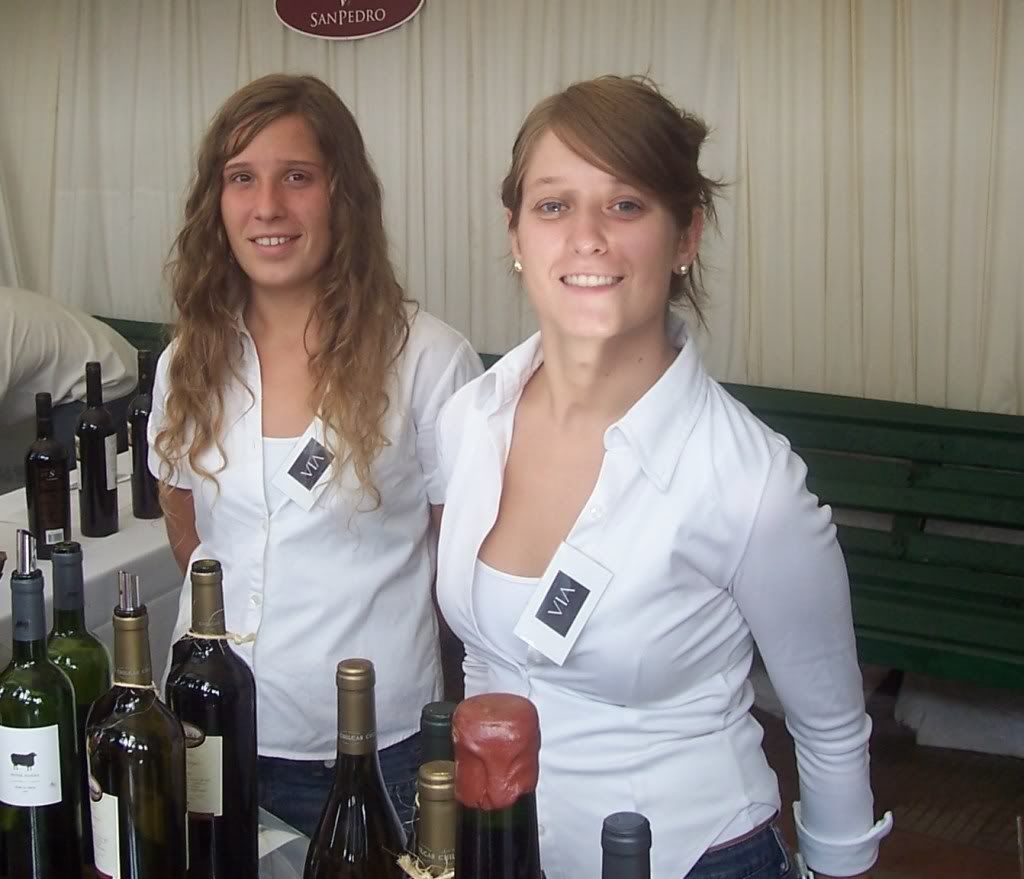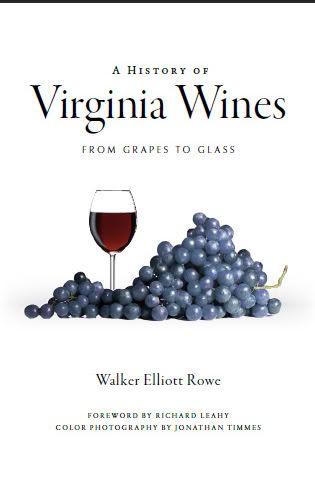He who loves not wine women and song remains a fool his whole life long.—Martin Luther
Last night I was reading Saint Exupery’s “Le Petit Prince” in French. I read it every year so that I won’t forget the language of Voltaire which I spent so much time trying to learn. This book is elegant in its simplicity. The boy in this book is bothered that adults because, being adults, their thinking is muddled and cannot see what is clear to children. The boy draws a picture of a boa constrictor snake that has swallowed an elephant. From the side an obtuse adult would imagine it looks like a chapeau. He shows it to an adult who without hesitating pronounces, “This is a chapeau”. Bothered by the adult’s ignorance he then shows it to Le Petite Prince, the benevolent child-like creature who has dropped out of the sky. The Prince with child child-like innocence says, “It’s a boa that has swallowed an elephant.” This proves the point that adults are dense.
This year in the vineyard I learned an important lesson. Like most dimwitted adults I had to learn from experience. Emmanuel Kant would call this experience “a priori” which means I had learned from doing rather than thinking. Perhaps a clever child would have grasped this before me.
I had been on top of my spray program spraying the vineyard every couple of weeks and even every few days depending on the weather. Still both Rosewood Hill and Castleton Lakes Vineyards were defoliated. The leaves fell off so I had to pick the grapes too early. The white grapes were ripe enough to make wine but the red grapes had not yet ripened. There was enough sugar in the red grapes to make wine but with red grapes you need the seeds and stems to ripen otherwise the wine will be bitter. So instead of making red wine this year I made rosé.
The rosé that I made was fine. It was pink and sparkling clear. In the past I had made rosé which had turned orange like a California mass-market zinfandel rosé. Orange does not denote a flaw, but aesthetically it is not as pleasant as pink. So I would not repeat my mistake I took my grape juice over to Bill Gadino at Gadino Cellars and he checked the PH of the wine and it was 3.4 which is just right so I did not need to add acid. Bill told me to inoculate the wine and let it ferment overnight before pressing it off. This would give the wine more skin contact and thus more color and of course more tannins. (Tannins are a color preservative). The last time I had made rosé I had pressed the red grapes right away and then inoculated the juice. The resulting wine was not color fast.
I am one who is generally not able to keep secrets so I went around telling everyone I knew in the Virginia wine business of my troubles this year with the grape vine canopy due to all the rain. Plus I like to remind these guys that I am farming commercially so one of them will give me a job. I told Chris Pearmund of Pearmund Cellars, John Delmare of Rappahannock Cellars, and of course Bill Gadino. They all told me the say thing: for the 470 grape vines that I am farming I need to apply 30 gallons or more of water if I am using captan to control downy mildew. These men farm large vineyards with thousands of vines. So they have tractor mounted air blast sprayers. I was still using a backpack sprayer which looks like a gasoline powered leaf blower except it has a 2 gallon water tank mounted on the top. There is no way I could haul so much water. I would have had to pass through the vineyard 15 times in order to spray 30 gallons of water. I would have looked like Jean Cadoret the hunchback of Pagnol’s “Jeane de Florette” who kills himself trying to haul water to his parched farm. I needed to use much more captan but it was not possible until I bought a tractor mounted sprayer. That would be possible for Castleton Lakes Vineyards but at Rosewood Hill the rows were too closely place for a tractor to navigate. Merde. A priori once again.
I had been farming wine grapes for 6 years successfully without a problem but the weakness in my program manifested itself this year because in May and June we had torrents of rains, which infected the vineyard with downy mildew. All of this rain caused powdery mildew too which killed the yellow squash in my garden.
I felt not so bad when my vineyard friends told me of some other vineyards they knew of that had been similarly been defoliated. But I walked away from talking with the managers of one of those defoliated vineyards confused because he told me had had lost his leaves because of powdery mildew and not downy mildew. Now I was not sure which disease had overtaken the vineyard. It should be easy to tell the difference. Downy mildew causes the leaves to get oily looking and turn yellow. Powdery mildew causes the leaves to get covered with powdery looking spider-web-like growth. But now that the leaves had all fallen off I began to doubt my prognosis. This was a problem because one disease you treat with sulfur or hydrogen peroxide. For the other you use captan and other chemicals. The only good news was that the fruit had not been infected so I had at least maintained adequate control for that.









No comments:
Post a Comment